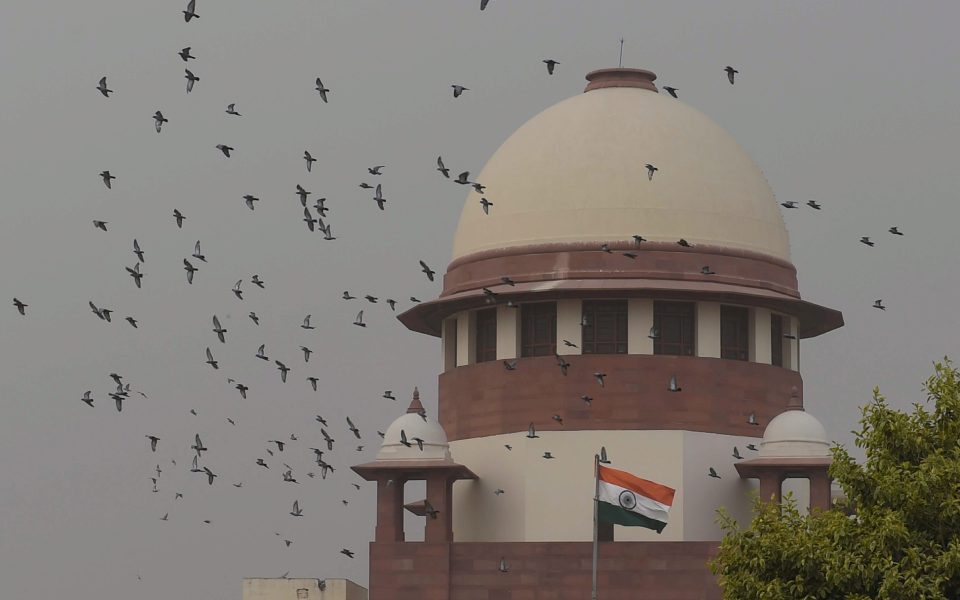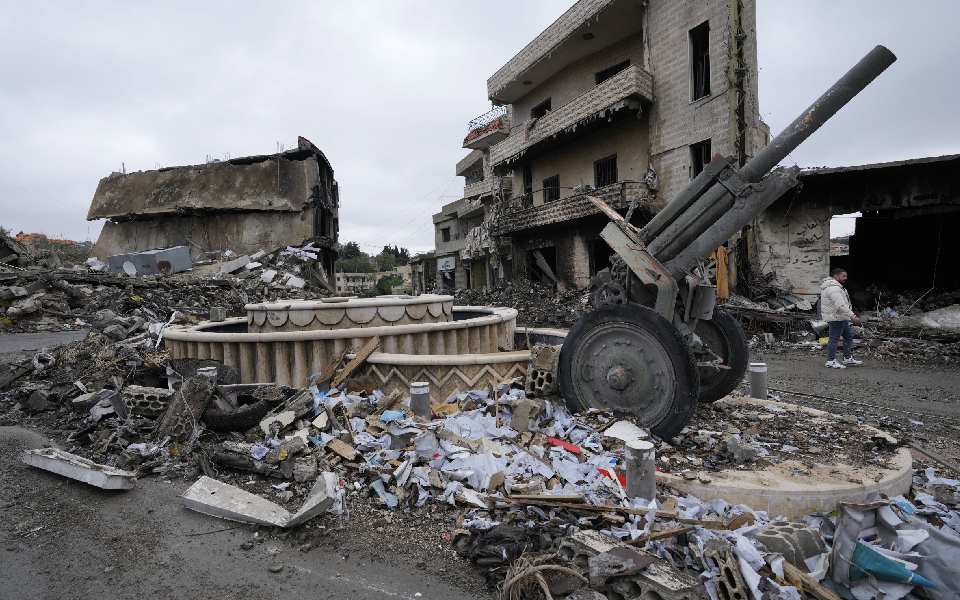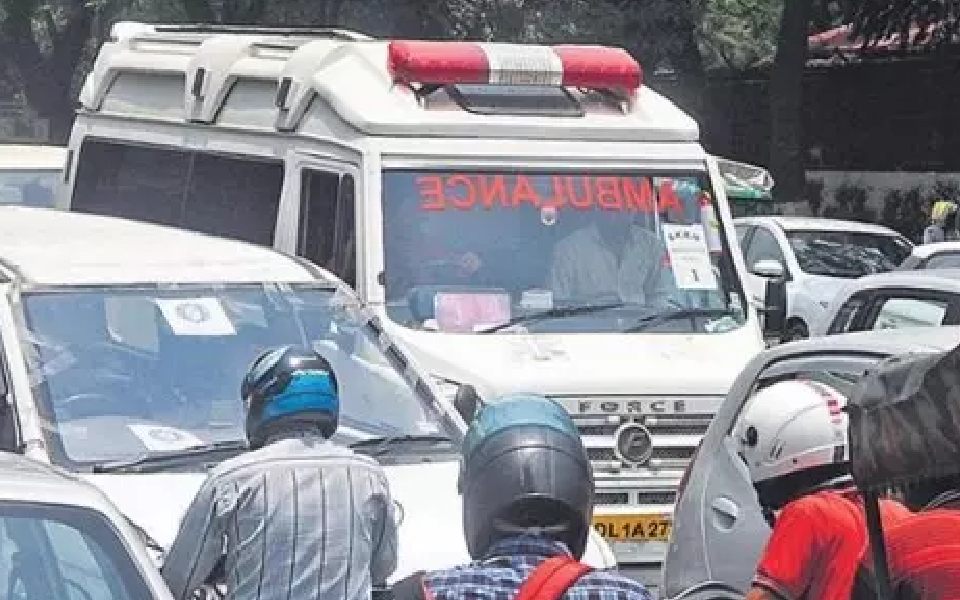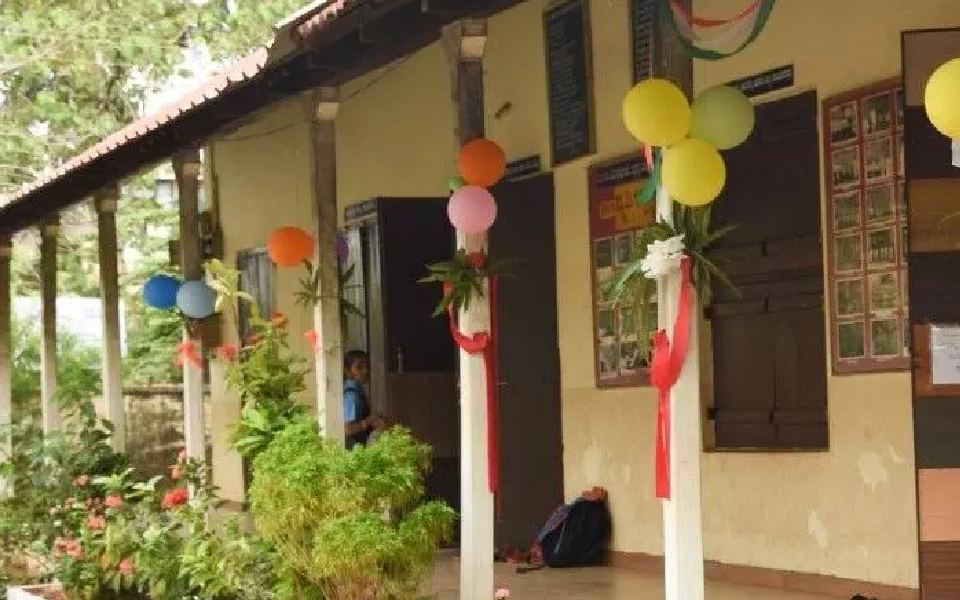New Delhi, Sep 12: Alleged involvement in a crime is no ground to demolish properties, the Supreme Court said on Thursday and ordered a civic body in Gujarat to maintain status quo and not threaten to bulldoze the house of an accused in a criminal case.
Observing that such demolition threats are inconceivable in a country where the law is supreme, the court said it cannot be oblivious to such actions that may be seen as "running a bulldozer over the laws of the land".
A bench of Justices Hrishikesh Roy, Sudhanshu Dhulia and S V N Bhatti said, "In a country where actions of the State are governed by the rule of law, the transgression by a family member cannot invite action against other members of the family or their legally-constructed residence. Alleged involvement in crime is no ground for the demolition of a property."
"Moreover, the alleged crime has to be proved through due legal process in a court of law. The court cannot be oblivious to such demolition threats inconceivable in a nation where law is supreme. Otherwise, such actions may be seen as running a bulldozer over the laws of the land," it added.
The bench issued a notice to the Gujarat government and the civic body of Kathlal in Kheda district of the state on a plea of one Javedali M Saiyed seeking protection from the proposed demolition.
The court sought the response of the state and the civic body within four weeks.
"In the meantime, status quo in respect of the petitioner's property is to be maintained by all concerned," it ordered.
The petitioner's counsel said three generations of his client's family have been residing in the house for the last two decades.
He said an FIR was registered against one of the family members on September 1 and claimed that the municipal authorities have threatened to bulldoze the petitioner's family house.
The bench noted that the petitioner has referred to a complaint alleging house trespass addressed to the police authorities on September 6, in which the situation was described and it was said that law should take its own course against the person accused of crime.
The order of the bench further took note of the petitioner's contention that the civic body has no reason to either threaten or take any steps, such as using bulldozers, to demolish his legally-constructed and legally-occupied house.
The top court agreed to examine the case and listed it after a month.
Let the Truth be known. If you read VB and like VB, please be a VB Supporter and Help us deliver the Truth to one and all.
Beirut, Nov 28: The Israeli military on Thursday said its warplanes fired on southern Lebanon after detecting Hezbollah activity at a rocket storage facility, the first Israeli airstrike a day after a ceasefire between Israel and Hezbollah took hold.
There was no immediate word on casualties from Israel's aerial attack, which came hours after the Israeli military said it fired on people trying to return to certain areas in southern Lebanon. Israel said they were violating the ceasefire agreement, without providing details. Lebanon's state-run National News Agency said two people were wounded.
The back-to-back incidents stirred unease about the agreement, brokered by the United States and France, which includes an initial two-month ceasefire in which Hezbollah members are to withdraw north of the Litani River and Israeli forces are to return to their side of the border. The buffer zone would be patrolled by Lebanese troops and UN peacekeepers.
On Thursday, the second day of a ceasefire after more than a year of bloody conflict between Israel and Hezbollah, Lebanon's state news agency reported that Israeli fire targeted civilians in Markaba, close to the border, without providing further details. Israel said it fired artillery in three other locations near the border. There were no immediate reports of casualties.
An Associated Press reporter in northern Israel near the border heard Israeli drones buzzing overhead and the sound of artillery strikes from the Lebanese side.
The Israeli military said in a statement that “several suspects were identified arriving with vehicles to a number of areas in southern Lebanon, breaching the conditions of the ceasefire.” It said troops “opened fire toward them” and would “actively enforce violations of the ceasefire agreement.”
Israeli officials have said forces will be withdrawn gradually as it ensures that the agreement is being enforced. Israel has warned people not to return to areas where troops are deployed, and says it reserves the right to strike Hezbollah if it violates the terms of the truce.
A Lebanese military official said Lebanese troops would gradually deploy in the south as Israeli troops withdraw. The official spoke on condition of anonymity because they were not authorized to brief media.
The ceasefire agreement announced late Tuesday ended 14 months of conflict between Israel and Hezbollah that began a day after Hamas' Oct. 7, 2023 attack out of Gaza, when the Lebanese Hezbollah group began firing rockets, drones and missiles in solidarity.
Israel retaliated with airstrikes, and the conflict steadily intensified for nearly a year before boiling over into all-out war in mid-September. The war in Gaza is still raging with no end in sight.
More than 3,760 people were killed by Israeli fire in Lebanon during the conflict, many of them civilians, according to Lebanese health officials. The fighting killed more than 70 people in Israel — over half of them civilians — as well as dozens of Israeli soldiers fighting in southern Lebanon.
Some 1.2 million people were displaced in Lebanon, and thousands began streaming back to their homes on Wednesday despite warnings from the Lebanese military and the Israeli army to stay out of certain areas. Some 50,000 people were displaced on the Israeli side, but few have returned and the communities near the northern border are still largely deserted.
In Menara, an Israeli community on the border with views into Lebanon, around three quarters of homes are damaged, some with collapsed roofs and burnt-out interiors. A few residents could be seen gathering their belongings on Thursday before leaving again.





